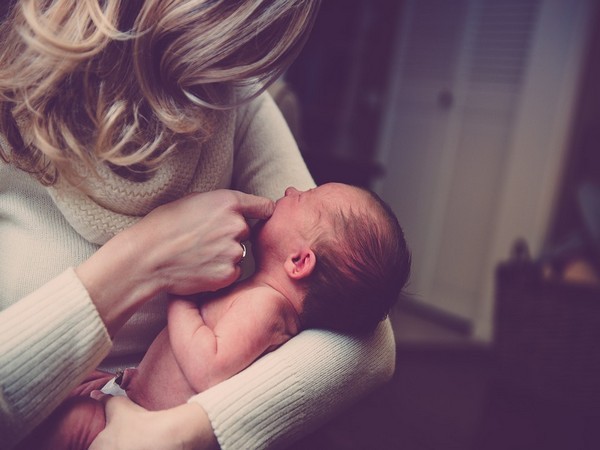Science News Roundup: Study casts doubt on reliability of rapid antigen tests in kids; COVID transmission through breastmilk unlikely; New York Mayor Adams to receive first paycheck in cryptocurrency and more
Some of the rose-shaped corals measure more than 2 metres in diameter. Lebanese museum returns artefacts from Syria's ancient city of Palmyra Five Roman artefacts from the ancient city of Palmyra, a site damaged during Syria's decade-long conflict, were returned to Damascus on Thursday by a private Lebanese museum where they had been on display since 2018.

Following is a summary of current science news briefs.
Study casts doubt on reliability of rapid antigen tests in kids; COVID transmission through breastmilk unlikely
The following is a summary of some recent studies on COVID-19. They include research that warrants further study to corroborate the findings and that has yet to be certified by peer review. Rapid antigen tests may be unreliable in children
New York Mayor Adams to receive first paycheck in cryptocurrency
New York City Mayor Eric Adams on Thursday said his first paycheck, to arrive on Friday, will be automatically converted into cryptocurrency via Coinbase Global Inc. The salary will be converted to ethereum and bitcoin, the statement added.
Pristine coral reef unblemished by warming oceans found off Tahiti
Scientists have discovered a pristine, 3-km (1.8-mile) long reef of giant rose-shaped corals off the coast of Tahiti, in waters thought to be deep enough to protect it from the bleaching effects of the warming ocean. The reef, which lies at depths of more than 30 metres (100 feet), probably took around 25 years to grow. Some of the rose-shaped corals measure more than 2 metres in diameter.
Lebanese museum returns artefacts from Syria's ancient city of Palmyra
Five Roman artefacts from the ancient city of Palmyra, a site damaged during Syria's decade-long conflict, were returned to Damascus on Thursday by a private Lebanese museum where they had been on display since 2018. The limestone statues and carved funerary stones dating from the Roman second and third centuries AD were returned at the initiative of a private Lebanese collector, Syrian antiquities chief Mohamed Nazir Awad said at a handover ceremony hosted by Lebanon's National Museum in Beirut.
(This story has not been edited by Devdiscourse staff and is auto-generated from a syndicated feed.)
- READ MORE ON:
- Eric Adams
- Tahiti
- Damascus
- COVID
- Beirut
- Roman
- National Museum
- Syria
- Lebanese
- Lebanon
- New York City
- Adams
- Syrian
- New York
ALSO READ
Lebanon's Controversial Extradition: The Case of Abdul Rahman al-Qaradawi
Extradition Controversy: Lebanon's Decision to Send Poet to UAE
Biden Redirects Military Aid from Egypt to Lebanon Amidst Human Rights Concerns
REFILE-UPDATE 1-Lebanon to extradite son of late Muslim cleric al-Qaradawi to UAE, PM's office says
Historic Grand Slam: Hady Habib Breaks New Ground for Lebanon










